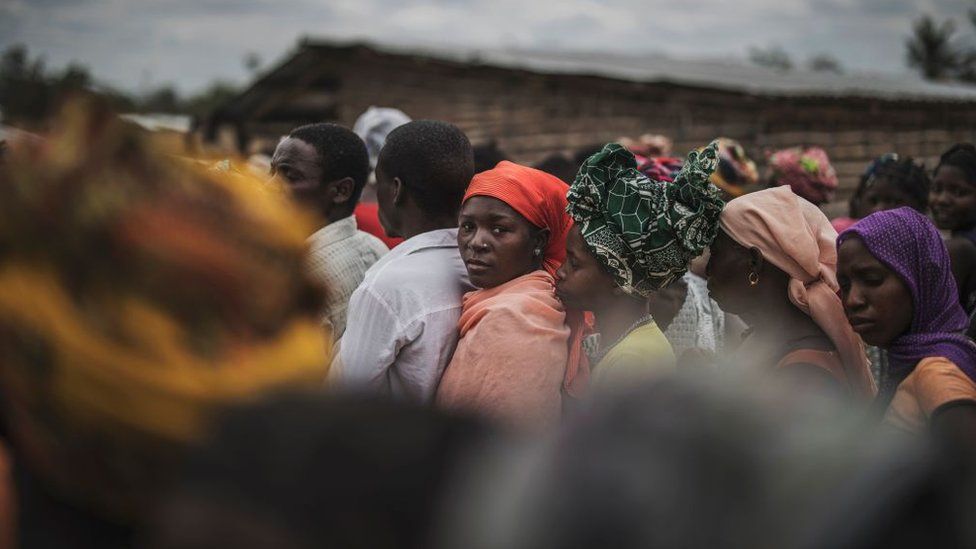
UN warns of rising violence in Mozambique
Published on December 18, 2020 at 9:45 AM by FACE OF MALAWI
The number of civilians forced from their homes by conflict in northern Mozambique has quadrupled this year – to 420,000 – according to the United Nations.
It links the crisis in Cabo Delgado province not just to attacks by Islamist militants, but to a perceived failure to distribute vast mineral and off-shore gas revenues to the local population.
A senior UN refugee agency official visiting Cabo Delgado described the situation there as “really dire” and urged Mozambique’s neighbours and the wider international community to intervene in what she said had been, for too long, an “invisible” crisis.
“The figures are growing as days go by and this is a situation that is liable to deteriorate,” said Angèle Dikongué-Atangana, the UNHCR’s deputy director of Southern Africa.
Ms Dikongué-Atangana warned that the “terrorist” situation in Mozambique was beginning to resemble the long-running conflict in northern Nigeria, where the Islamist Boko Haram group has caused widespread suffering.
But as well as blaming militants affiliated to the Islamic State group who have carried out massacres and other atrocities in Cabo Delgado, Ms Dikongué-Atangana criticised the behaviour of “extractive firms” involved in gem mines and, more recently, in vast off-shore gas fields.


